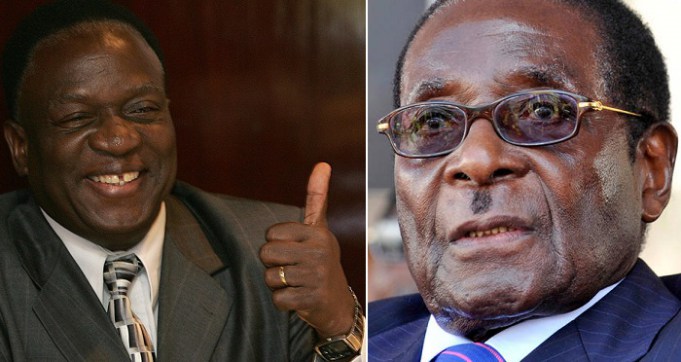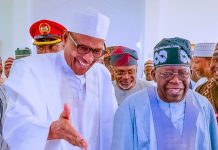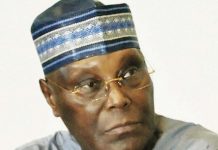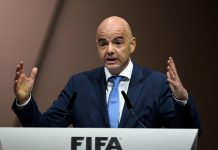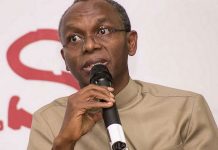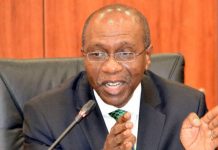Zimbabwe’s former Vice President, Emmerson Mnangagwa, is billed to take over power Friday (today) after President Robert Mugabe’s resignation brought a sudden end to 37 years of authoritarian rule. President Mugabe’s iron grip ended in a shock announcement to parliament where MPs had convened to impeach the 93-year-old who dominated every aspect of Zimbabwean public life for decades.
Last Tuesday, as the news spread that President Mugabe’s long and brutal leadership was over, wild celebrations which lasted late into the night, began in the streets of Harare, with crowds dancing and cheering ecstatically amid a cacophony of car horns. Mr. Mnangagwa, 75, was sacked by Mr. Mugabe on the 6th of this month in a move that pushed infuriated army chiefs to intervene, triggering a series of events which led to the ousting of the 93-year old dictator.
A former key Mugabe ally, Vice-President Mnangagwa fled the country after his dismissal, saying he would not return without guarantees of his safety. His sacking was the result of an increasingly bitter succession battle with Mugabe’s wife, Grace, who had been pushing to take over from the ageing leader. “My decision to resign is voluntary,” Mugabe wrote in his resignation letter, expressing his “desire to ensure a smooth, peaceful and non-violent transfer of power”.
As the news began to sink in late last Tuesday, crowds gathered brandishing national flags with many among them praising Army Chief, General Constantino Chiwenga, who led the military intervention. Mr. Mugabe had ruled Zimbabwe almost unopposed since independence in 1980 — but his efforts to position his 52-year-old wife Grace as his successor prompted intervention from the military that underpinned his regime.
The total grip which President Mugabe, the world’s oldest head of state had on his country, was shattered last week when armoured military vehicles took to the streets, blockaded parliament and placed the President under house arrest. The fate of Mr. Mugabe and his wife remains unclear, but ZANU-PF has said he deserved to be treated with respect after leading the country for nearly four decades.
Last week’s military takeover had all the hallmarks of a coup, but the generals stopped short of forcing the dictator out. As the crisis developed, the ZANU-PF party, an instrument of Mr. Mugabe’s brutal reign, removed him as party leader and began parliamentary proceedings to have him impeached. Mr. Derek Matyszak, an analyst at the Pretoria-based Institute for Security Studies believes the dictator resigned in order to avoid being impeached.
British Prime Minister Theresa May said the resignation gave Zimbabwe “an opportunity to forge a new path free of the oppression that characterized President Mugabe’s rule”. The European Union’s diplomatic chief, Federica Mogherini called for a solution that “respects the aspirations of the people of Zimbabwe for a more prosperous and democratic future”.
The US State Department called it “a historic moment for the people of Zimbabwe, to put an end to Zimbabwe’s isolation” pointing out that the country’s future should be decided by the people. Most Zimbabweans have only known life under President Mugabe, whose time in power was defined by violent suppression, economic collapse and international isolation.






